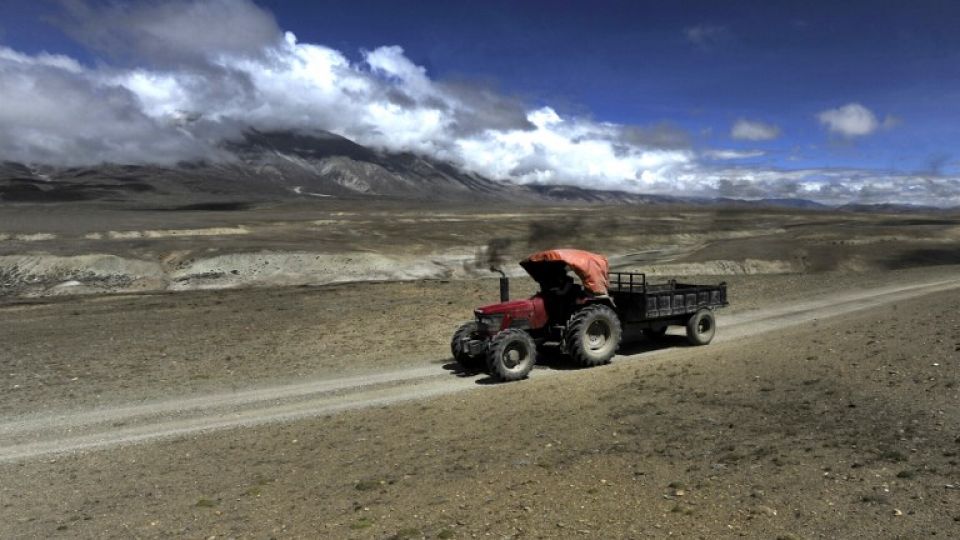January 22, 2019
Businessmen exploiting legal loopholes while channelising illicit cash into the country.
A damning report by the Centre for Investigative Journalism-Nepal (CIJ-Nepal), released on Wednesday, said around two-thirds of the foreign direct investment was coming into Nepal from tax haven countries and that around 55 Nepalis and non-Nepali residents had invested in offshore companies, setting off alarm bells in the country.
Government agencies were quick to respond, saying they will launch a probe.
But investigation into a similar case—the Panama Papers released in April 2016 that said as many as 19 Nepalis and non-residents Nepalis had invested in offshore companies—has barely made any progress. Officials blame various factors, including ineffective agencies and lack of information and legal loopholes, for slow progress in investigation into such cases.
Finance Minister Yubaraj Khatiwada admits that the Department of Money Laundering Investigation (DMLI) largely failed to carry out its work in an effective manner when it was under the Ministry of Finance. “It has been 10 years since the department was established, but it has failed to take up the cases in the desired numbers,” says Khatiwada. The DMLI is now under the Prime Minister’s Office.
Khatiwada, however, did point out that some businessmen were exploiting legal loopholes. As per the Non-resident Nepali Act, anyone staying in a foreign country continuously for 182 days gets the status of non-resident Nepali and that person’s earning during that time is counted as a non-resident’s earnings. “When this money comes into Nepal, its status is foreign investment; and the person concerned can take the capital, interest and profit out of the country. This Act was brought with good intentions,” he said. “While we want to make our laws stricter, we have also left legal loopholes.”
But that aside, many say nexus between unscrupulous businessmen and politicians is the biggest bane of good governance and transparency in Nepal and that a web of factors is helping some powerful people turn their black money into white.
The DMLI has lost its teeth largely due to political interference, said former finance secretary Shanta Raja Subedi.
“Frequent leadership change at the behest of politicians always makes an institution weak. And at times chiefs of the agency have their own personal interest,” he said. “The DMLI should be developed as a constitutional body to prevent political influence so that it can take on the powerful people.”
The DMLI has seen 10 directors general in the last nine years.
Another highly placed government source agrees that most of those indicted in the leaks enjoy political protection. “One of the reasons why many of those indicted in such leaks have not been brought to book is: they have strong political connections,” the source said. “As soon as the names are in the public domain, such individuals start lobbying, and the case fails to take off.”
But a DMLI official told the post that investigation into those who were indicted in the Panama Papers is still on and that the agency was still gathering proof.
“We don’t have solid proof against them,” Binod Lamichhane, information officer at the DMLI, told the Post. As per him, none of the 19 persons named in the Panama Papers face any cases as of now “for the lack of proof”.
In the aftermath of the Panama Papers leak, world’s most powerful were spooked while many high profile politicians, including the prime ministers of Pakistan and Iceland had fallen from grace. But Nepal’s biggest leak last week seems to have minimal effect.
Lack of information exchange is one reason for slow investigation in Nepal, says Khatiwada. Nepal also has not signed Mutual Legal Assistance Treaty with many of those countries which are known as tax havens. “We need to work on this. Firstly, we need to sign Mutual Legal Assistance Treaty with the countries [from where money is said to have entered Nepal]. When information exchange is difficult, it affects the investigation process,” he said.


